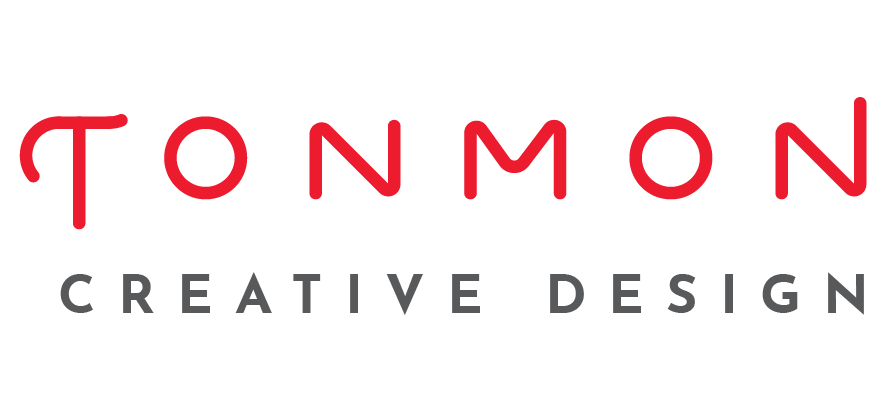Insomniac U E-learning Courses
Client/Company: Insomniac Games
Year: 2023
Client/Company: Insomniac Games
Year: 2023
Goal: Grow the culture curriculum aspect of Insomniac U to reinforce company values, focusing on select topics for the launch for leadership.
Challenge: Capture the engagement of developers, engineers, and designers who are high-performing within their roles
Deliverables:
- E-learning modules for select topics
- In-module collectibles game mechanics
- Interactive knowledge checks with point systems
- Interactive resource guides and hand
- Assessment handouts
- Motion graphics
- Virtual delivery follow-up presentation PowerPoint
- Train-the-trainer run-through sessions
- Facilitator guides
- E-learning modules for select topics
- In-module collectibles game mechanics
- Interactive knowledge checks with point systems
- Interactive resource guides and hand
- Assessment handouts
- Motion graphics
- Virtual delivery follow-up presentation PowerPoint
- Train-the-trainer run-through sessions
- Facilitator guides
Results: I developed a multi-modal learning experience starting with a self-paced eLearning module with game elements such as point systems and collectibles for improved engagement and retention. Following up the module, the course extends to a 25-person virtual class conducted by an internal facilitator. Complete with reinforcing content and company-relevant scenarios, the experience encourages participants to engage with colleagues and apply their learning. All courses include resource guides, presentations, and comprehensive facilitator guides.
Surveys:
Implemented pre/post surveys to determine learner’s growth using rating scales and open text entries.
Kirkpatrick Standard for leveraging/validating learning investments:
- Level 1: Reaction - Participant feedback on training
- Level 2: Learning – Participant acquired intended knowledge/skills
Implemented pre/post surveys to determine learner’s growth using rating scales and open text entries.
Kirkpatrick Standard for leveraging/validating learning investments:
- Level 1: Reaction - Participant feedback on training
- Level 2: Learning – Participant acquired intended knowledge/skills
